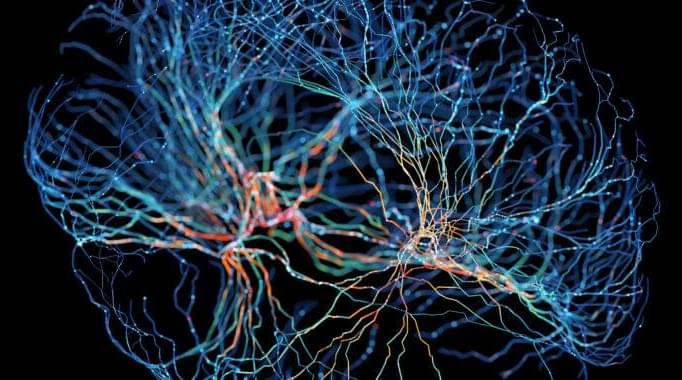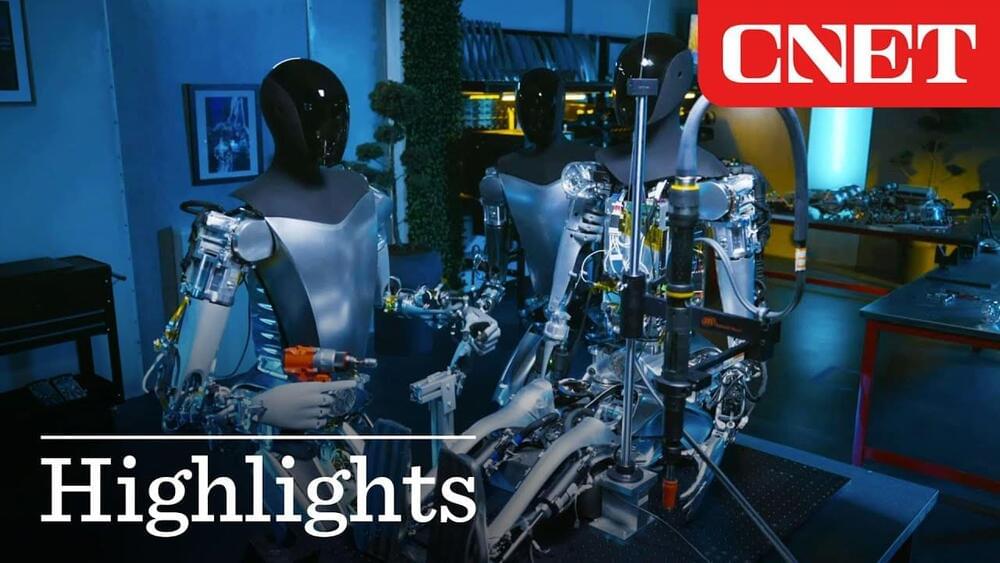Mar 1, 2023
Physics of Superpropulsion: Super-Fast Sharpshooter Insect Urination Using a “Butt Flicker”
Posted by Paul Battista in categories: biological, chemistry, engineering, physics
Tiny insects known as sharpshooters excrete by catapulting urine drops at incredible accelerations. Their excretion is the first example of superpropulsion discovered in a biological system.
Saad Bhamla was in his backyard when he noticed something he had never seen before: an insect urinating. Although nearly impossible to see, the insect formed an almost perfectly round droplet on its tail and then launched it away so quickly that it seemed to disappear. The tiny insect relieved itself repeatedly for hours.

















